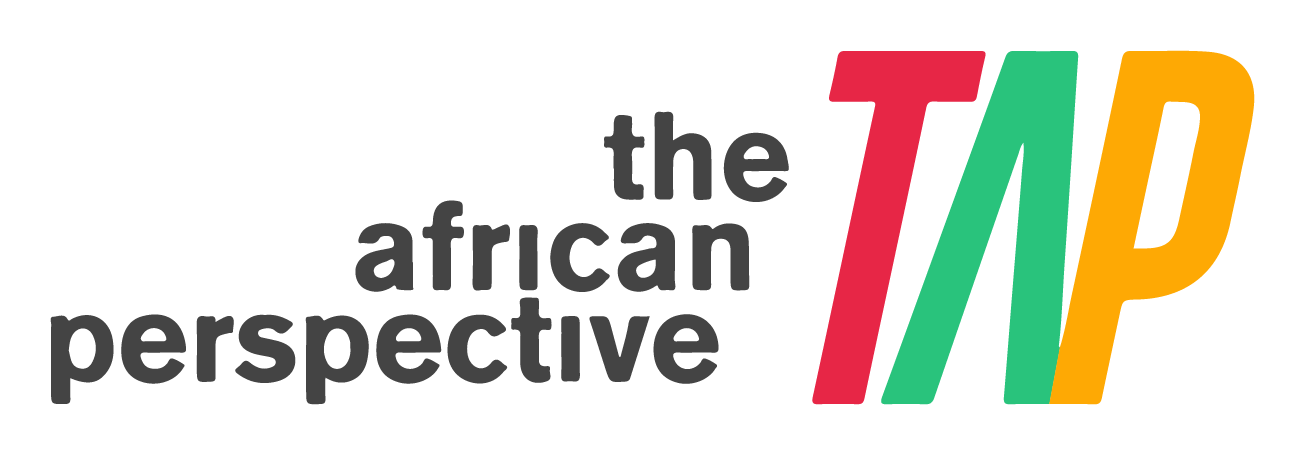Financial Planning for Young Adults
Financial Planning for Young Adults; Tarcisse Ruhamyandekwe I landed in this country more than 20 years ago. As a young adult, I found that it was not that difficult to adapt to my new environment. However, I was bluntly wrong. The reality was that I didn’t know anything about the only thing that was going to have a major impact on my life here… MONEY.
I was raised in a Rwandan environment (at least for my first 20 years). As I can attest, our culture has this kind of “bubble mystery” around money. Here is an example: Suppose that there is a transaction between two Rwandese people for $1000 as a loan to be paid back in one month. In many different cultures, the normal collection / reimbursement of the $1000 would be: “Could you please pay me back the $1000” I lend you? In a typical Rwandese culture, one will say the following: “Uzampa bya bintu lyali?” literally “when will you give me those stuff”. We are we scared of talking about money? Why the mystery and taboo around saying my money, dollars, francs! I still can’t figure these out.
De-mystifying the above notion ought to be the first step towards our financial independence, we should be able to discuss money freely without any constraints and / or fear…It is neither inappropriate nor sinful to discuss about money. That’s where we start, by talking about money.
As immigrants, we face diverse obstacles towards financial freedom; however there are some I have found to be common (at least within the Rwandan community). Below, I’ll highlight them and also provide solutions we can take to overcome these obstacles.


From statistics Canada:
The tables above show that although immigrants are well educated (ex. those born in Africa), their unemployment rate is more than twice the national average and their employment rate is 15% lower than the national average. Let’s not forget that most of the time, newcomers occupy entry level jobs at the lowest pay.
2. Diverse obligations · With limited financial resources (see previous section), immigrants have to make tough choices of trading off between conflicting obligations such as raising a family and saving for retirement… · Another challenge is the support for the extended family. It is an open secret that most of immigrants have to support some family members in their country of origin. This is reflected in the amount of remittances received by some developing countries. According to New Times Rwanda (citing World Bank Report), Rwanda received US $ 166.2 M in 2011 from US $ 98.21 M in 2010, an increase of 69.2 percent.
3. Social pressure People in our respective communities are socially connected. We know everything about each other...However, instead of using this social network to advance our common goals; we tend to create a “cultural ghetto” where unhealthy competition is the word. In this situation, people are defined according to what kind of car they drive, which suburb they live in, how big is their house…That social pressure make many people take unwise financial decisions (demand for pricey, exclusive things) i.e. basically living beyond their means.
What to do?
- If we want to help ourselves and our families, countries …we have to succeed on personal level first and honestly, the fact is will never happen if we are constantly excluded from the financial systems we live in. The financial inclusion is key to our future.
- Therefore we need to understand money, how to make it and most important HOW TO MANAGE IT. The fact is “Failure to build a net worth is more an inability to manage own finances rather than lack of financial means”. To be financially independent should be everyone’s goal. I have realized (personal experience) that this objective can be easily achieved by adopting a strategy based on three main points: set GOALS; clearly set financial goals you want to achieve. PLAN for those goals and finally; have the DISCIPLINE needed to stick to your plan.
[embed]https://www.youtube.com/watch?v=WNV0yiGlK4A[/embed]

